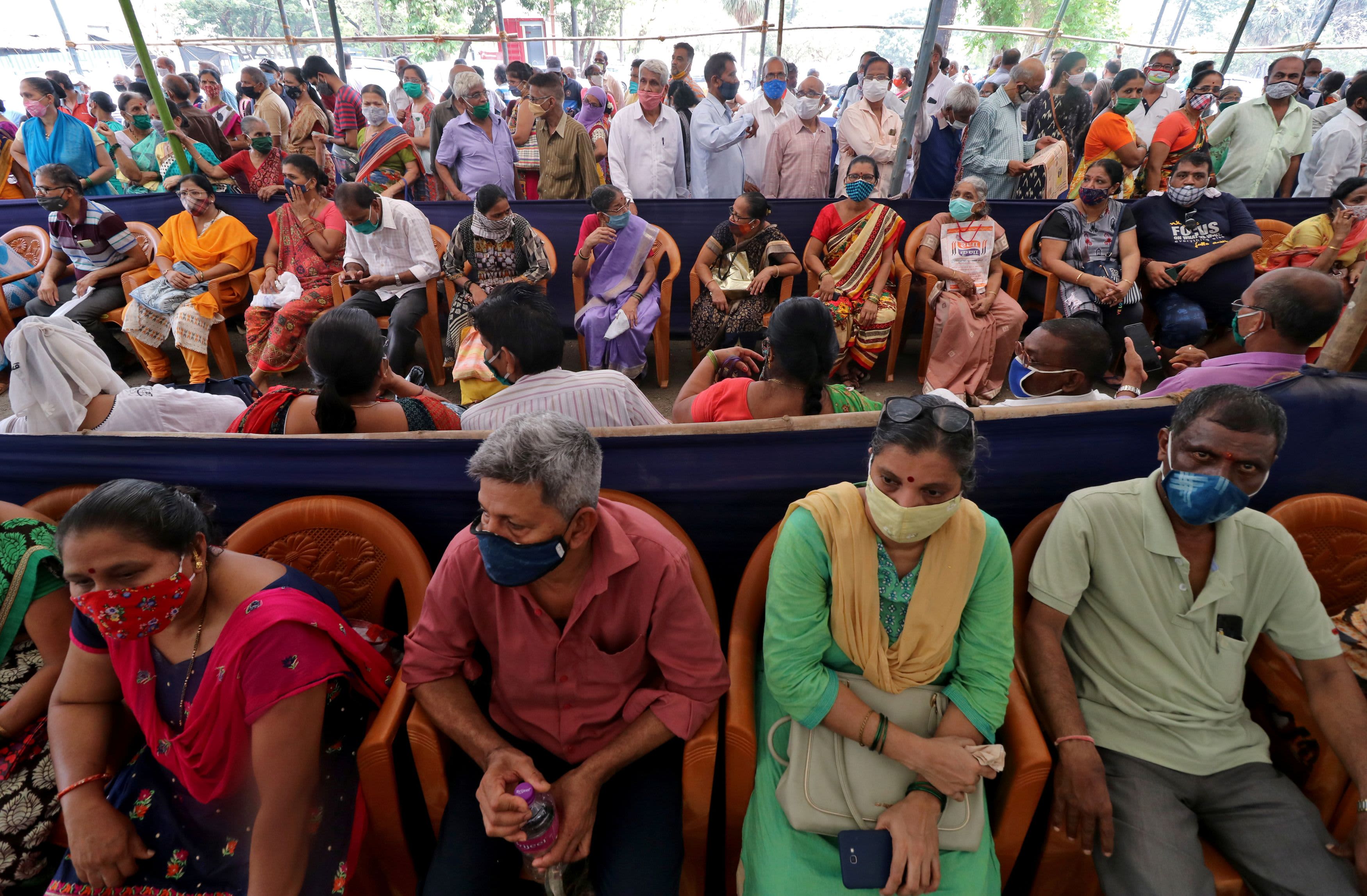It is clear that the key to beating COVID-19 is the vaccines.
"Infections after vaccination are still uncommon. They're approximately 2% of people who are vaccinated," said Dr. Sabrina Assoumou, an infectious disease specialist at Boston Medical Center.
STAY IN THE KNOW
Watch NBC10 Boston news for free, 24/7, wherever you are. |
|
Get Boston local news, weather forecasts, lifestyle and entertainment stories to your inbox. Sign up for NBC Boston’s newsletters. |
Almost as rare are people who get the virus, recover, then get it again.
A recent CDC study of COVID reinfections looked at 1,572 patients. Forty became reinfected, for a rate of 2.5%.
329 medal events. 32 sports. Endless drama. Catch all the action at the Paris Olympics. Sign up for our free Olympics Headlines newsletter.
But Dr. Sandra Nelson of Massachusetts General Hospital said Thursday that reinfections are becoming more common.
She's seen the numbers, "data from South Africa and the U.K. which suggests that, at least with omicron, the reinfection likelihood is around three to five times higher than it was with previous variants including delta."
Nelson said that some anti-vaxers have pointed to reinfections as supposed proof that vaccines don't work. And Assoumou said the early success of the vaccines made many think they would stop COVID altogether.
But as variants like delta and omicron emerged, it became obvious that would not turn out to be true, she said.
Nevertheless, Assoumou noted that, "What the vaccines are still really good at is preventing severe disease, hospitalization and death, which, for me as an infectious disease doctor, is what really matters."
Nelson said it's important now to remind people how effective the vaccines are: "That those who've been vaccinated and particularly boosted are protected to some degree against infection. Not as well as we initially thought. But they remain very well protected against the severe outcomes associated with the disease."



